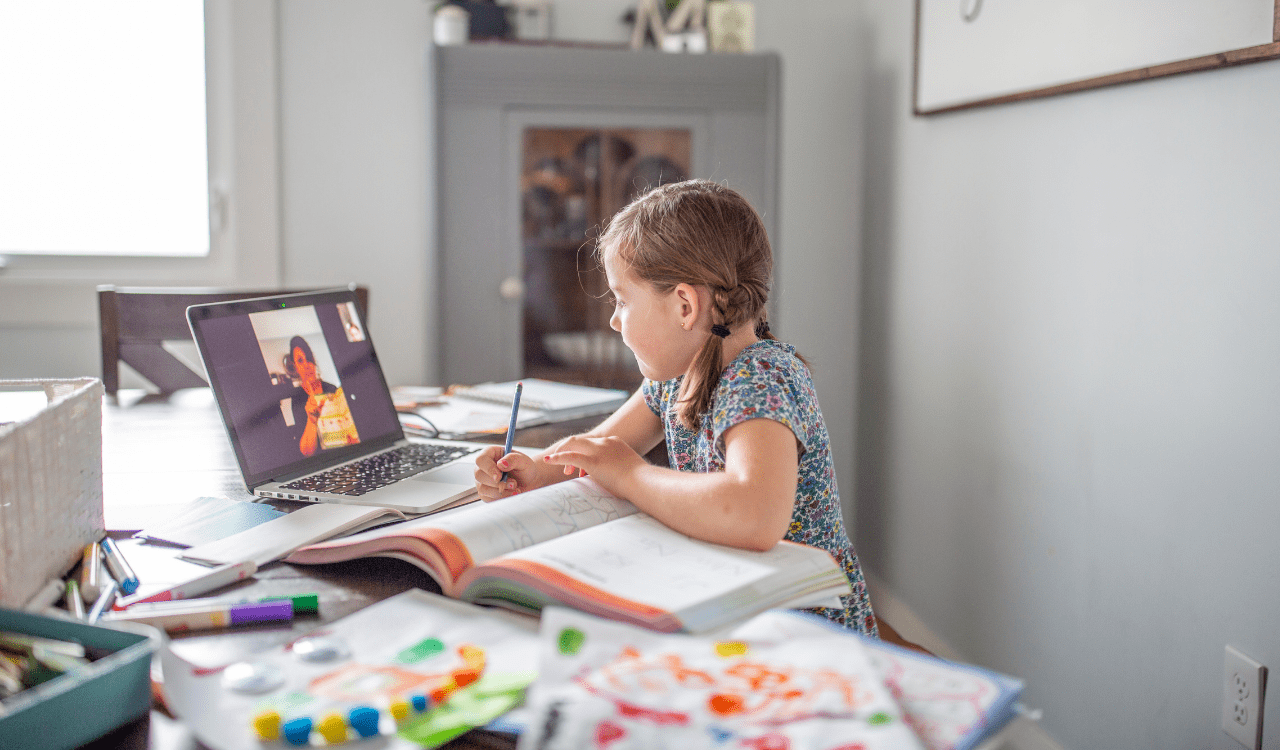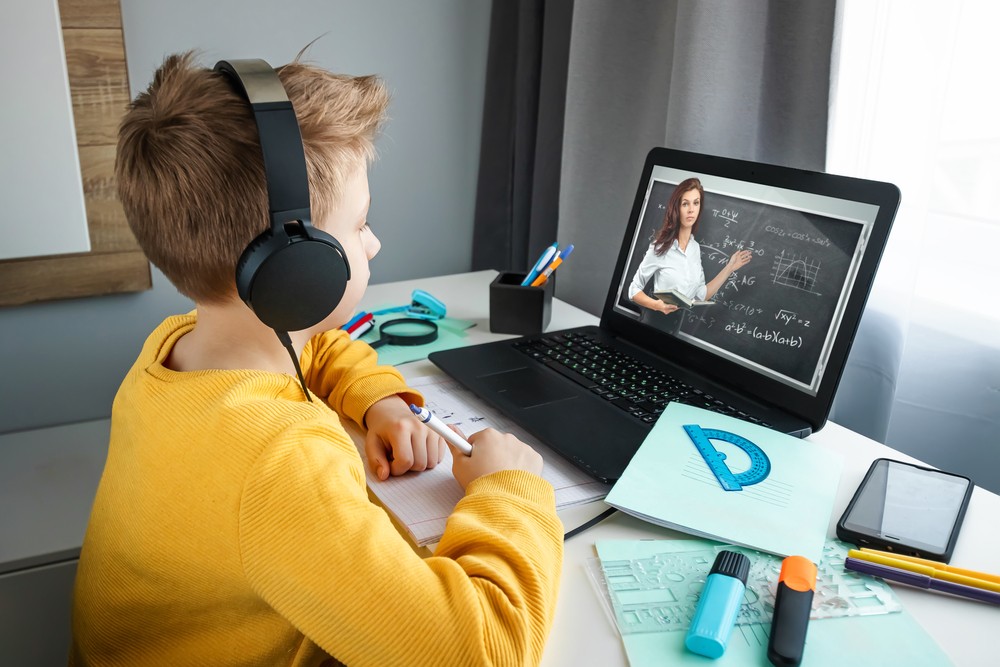The pandemic has forced institutions to reimagine their approach to traditional education. Now, we see an emergence in innovative educational spaces that utilise online collaborative learning.
According to recent studies, learning tends to be most effective when students are in a position to work collaboratively, express their thoughts, debate ideas with their fellow peers and work together on a group solution to a given problem. Collaboration in small groups has been particularly recognised as both beneficial and appreciated by students, and not just because they can do it in the comfort of their homes. It has been shown that small groups enable students to identify and correct mistakes more easily in a small setting, compared to a larger one.
Let us explore why online collaborative learning needs to be at the forefront of the education effort and how it can revolutionise traditional methods.
Online collaborative learning helps retention
Learners have an easier time retaining knowledge when they engage in discussions with their fellow students, instead of just listening to their instructor. Retention is one of the bigger issues that plague students, and online collaboration can help rectify this issue.
Furthermore, online collaborative learning improves understanding of the topics being tackled. As the groups try to synergise understanding of the subject matter, retention and understanding of the concepts improve, leading to a more satisfying learning experience.
Shaping the future through active learning and shared knowledge
Group interactions facilitate active learning, promote social interaction and create a supportive learning community. Collaboration also trains students to work with others in real-world situations. These collaborative activities help train learners for the modern workplace because they develop the skills to articulate ideas, communicate well with others and manage time.
Successful group activity allows learners to feel a sense of community. Students would thrive in a well-designed, collaborative learning environment because their learning experience will be more meaningful, making it easier to develop critical thinking and self-reflection skills.
Online collaborative learning fosters active listening
In collaborative group discussions, learners learn to listen attentively to each other and value the efforts of shared knowledge and input. Successful group discussions include learners who are actively engaged in accountable and responsible talk. Accountable talk between learners emphasises logical connections and allows learners to draw reasonable conclusions to new information. This sort of behaviour ensures the learning experience goes beyond just feeding information for an exam but also contributes to making the student a whole and healthy person.
How can teachers encourage online collaborative learning
Planning for collaborative learning requires a different approach to pedagogy. Institutions should take advantage of the technology, platforms and tools available to continuously monitor student interaction and manage time wisely to overcome these challenges.
Online educational platforms and their cutting-edge technology help learners respond to questions, engage in discussion and offer peer feedback to support the flow of new information. This interactive space proves to be good for online collaborative learning and energises their function using their tools.
The features that most platforms of this nature offer include interactive spaces, which are conducive for distance learning. They are easy to set-up and simple-to-use and can be accessed anywhere, so it should not exclude any student from learning. For example, the Reelae platform offers Zoom integration, allowing students and teachers to have online classes using video conferencing to foster that collaborative learning environment. Furthermore, forums can also be used as a teaching tool to encourage discussion amongst students.
Online collaborative learning builds much needed social skills
During a collaborative learning session, students not only work on academic assignments but also improve their social skills by learning from one another, which improves their relationships with others in the class.
Being able to actively inculcate online collaborative learning into your teaching plan will allow your students to engage and involve themselves more actively in the learning process, rather than be passive students.
Collaborative learning gives students from different backgrounds the chance to work together. They can listen to different opinions and learn more about different cultures. The collaborative learning methodology is ideal for students that have difficulties in a social setting because it develops their problem-solving and communication skills.
Visit our website to learn more about online collaboration, this revolutionary method leading the way during the pandemic.






Recent Comments